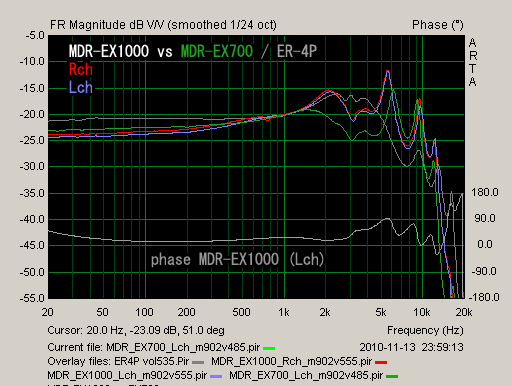proton007
Headphoneus Supremus
- Joined
- Feb 9, 2012
- Posts
- 3,518
- Likes
- 186
Quote:
What about audio exempts it from being an "exact science?" What do you have to support this assertion? Sure there is an art to a good recording, and mastering, but there is nothing about designing audio equipment (or electrical engineering in general) that is magic or alchemy - the principles are known, testable, repeatable and predictable. Especially not regarding the behavior of a piece of wire. That's about as exact and unchanging as things get in this particular realm.
Everything designed for audio is first chosen to meet certain requirements, designed, tested under various conditions and calibrated. Repeat as necessary. AFAIK, USB is a pretty small deal for most. Personally, I've not had any USB cable making the signal so noisy it cannot be transferred reliably. In analog data transmission, maybe, but digital is pretty robust by its nature.










